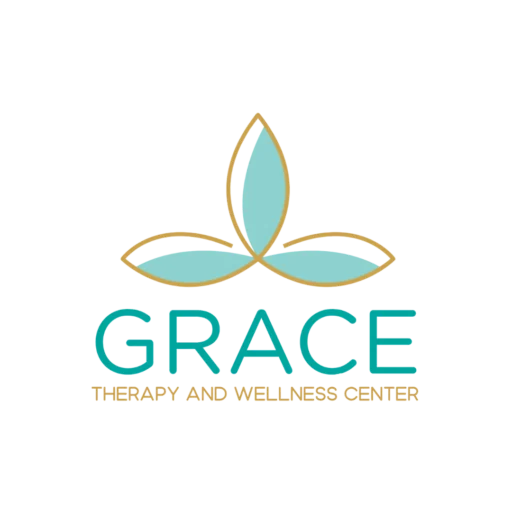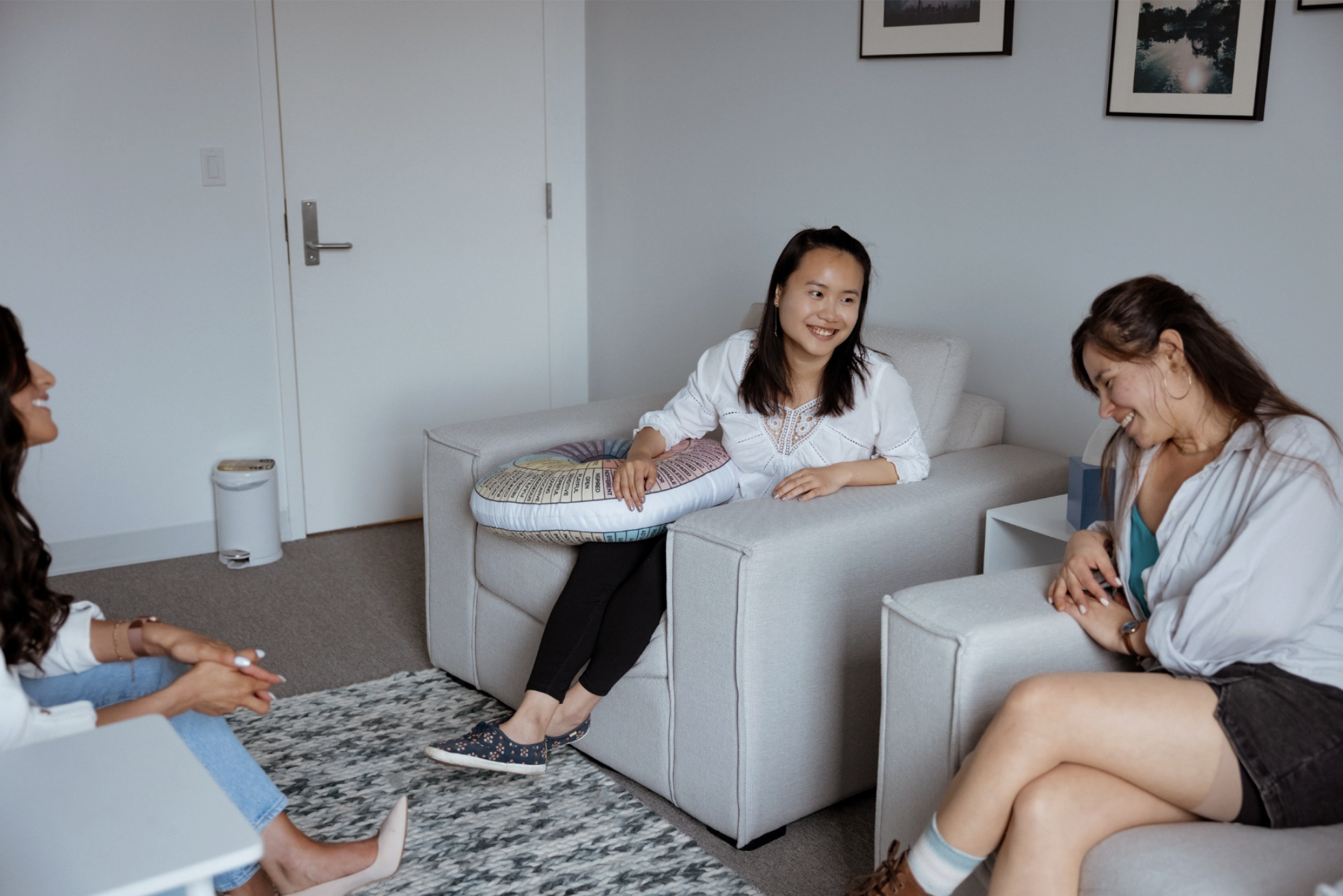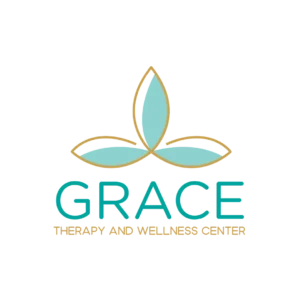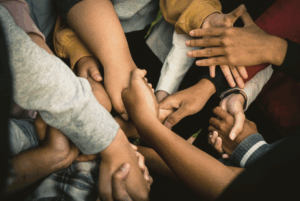Is your family experiencing some form of conflict or transition? Are you all struggling to find a solution that is favorable for everyone? If so, mediation might be just what your family needs.
What is mediation?
Mediation, which is not a legally binding process, can be thought of as “assisted negotiation”. It is dynamic, counseling-based, and solution-focused. You see, the purpose is not to provide your family with any sort of answer or remedy. Instead, mediation is about uniting your family together and collaboratively seeking out your own agreements and compromises. Unlike other problem-solving processes, mediation grants families the opportunity to take ownership of the solution from start to finish, but not without the help of a professional.
I am sure it comes as no surprise that mediators play an important role in the mediation process. Here at Grace Therapy and Wellness Center, our founder, Grace Martin, LMFT, and her supervisees are experts at approaching familial disputes from a neutral yet power-aware point of view, which is crucial to being effective mediators. This allows them to understand the nuanced perspectives of each family member and facilitate, rather than lead, negotiation-oriented discussions.
Is mediation right for your family?
Take a look at the following list:
- Navigating divorce and/or child custody
- Developing new family rules and boundaries
- Negotiating screen time
- Negotiating family time
- Family relocation
- Family financial planning
- Choosing schools
- High emotions that get in the way of meaningful discussion
These are just some of the types of disputes or transitions where mediation can be beneficial to families. If your family is experiencing one or more of these challenges, we encourage you to contact GTWC and inquire about our mediation services. Our team of therapists are more than happy to offer a free 15-minute consultation to discuss your family’s specific needs and assess if mediation is right for you.
What are the benefits of mediation?
Research shows that in certain instances, participants prefer alternative dispute resolutions like mediation rather than court-based processes, particularly when it comes to small claims issues and overall outcome satisfaction (Ogembo, 2021). That being said, mediation is not suitable for every situation. Families experiencing violence, substance abuse, child abuse, and severe mental health issues may face unique challenges that need to be resolved through other means (see crisis resources at the end of the article) before mediation can be effective (Nineteenth Judicial Circuit Court Lake County, Illinois, n.d.; Ogembo, 2021).
When it comes to finances, lawyers and mediation firms often charge $400+ per hour for their services, making them costly and inaccessible. However, mediation at Grace Therapy and Wellness Center is far more affordable given that we offer these services covered through your health insurance as well as out-of-pocket with sliding scale options.
Before choosing the type of professional you want to work with, it is important to keep in mind that mediation facilitated by therapists has distinct advantages. For example, high-level counseling skills like active listening, conflict resolution, attachment theory, multidirectional partiality, and social justice awareness and considerations are just some of the many areas of expertise only well-trained therapists can offer.
Family mediation at a glance
For families hoping to resolve their disputes in a relatively short time frame, mediation may be your best option. We are all aware of the cumbersome and lengthy nightmares court proceedings can turn into. However, mediation can bring about solutions within 4-10 hours of work depending on the complexity, number of issues, and personalities involved. Below are the seven stages of facilitative mediation (Ostermeyer, 2002).
Stage 1: Setting the stage
To begin, your mediator will explain the mediation process in its entirety and review the terms and conditions of your professional working relationship. While you can inquire about the process at any point, this is a great time to raise any questions or concerns you may have before progressing to another stage.
Stage 2: Sharing perspectives
Once the ground rules have been established, your mediator will use active listening and open-ended questions to better understand how each family member thinks about the issue itself as well as any barriers or obstacles preventing you all from finding a solution. It is important that everyone has an opportunity to speak, vent, and feel heard.
Stage 3: Determining interests
After everyone has shared their perspective, it’s up to the mediator to clarify and confirm the interest of each family member. In other words, they will want to identify what each person is hoping to get out of the mediation process.
Stage 4: Setting out the issues
Negativity can often disrupt or paralyze the problem-solving process. Here, your mediator will help frame the dispute in a more positive light using strength-based language.
Stage 5: Brainstorming options/alternatives
In this stage, you and your family will get the chance to exercise your collective creativity and develop possible solutions all the while being supported by your mediator.
Stage 6: Selecting and confirming resolution options
You’re almost at the finish line! Here, your family will sort through all the options formed in the previous stage to identify the solution that best meets the family unit’s needs.
Stage 7: Closure and departure
Congratulations! Your family has reached a settlement deemed favorable for all. Before ending, your mediator will review the process and resolution to ensure all family members feel comfortable with the outcome in its entirety.
Crisis Resources
- National Suicide Prevention Lifeline: 9-8-8
- Call or text for free, 24/7 crisis counseling
- RAINN National Sexual Assault Hotline: 1-(800)-656-4673
- Information, referrals, and support for victims of sexual violence.
- Center on Halsted LGBTQ+ Violence Resource Line: (773)-871-2273
- Support for queer, trans, and HIV-positive individuals affected by violence.
- NAMI Chicago Helpline: 1-(800)-950-6884
- Immediate information and support for families & persons with mental illness.
- Illinois Opioids & Substances Helpline: 1-(833)-234-4357
- Free 24/7 support for alcoholism and substance abuse.
- Trans Lifeline: (877)-565-8860
- Perinatal Mental Health Hotline: (866)-364-6667
- National Domestic Violence Hotline: (800)-799-7233
References
Nineteenth Judicial Circuit Court Lake County, Illinois. (n.d.). Family Mediation. https://19thcircuitcourt.state.il.us/2138/Family-Mediation
Ogembo, D. (2021). Rapid evidence review: The impact of mediation on outcomes, experience and bias. https://justicelab.org.uk/wp-content/uploads/2022/09/FINAL-Rapid-Review-Mediation-4-SINGLE-PAGES.pdf
Ostermeyer, M. (2002). Kestner, P. B., and Ray, L. The conflict resolution training program: Leader’s manual. San Francisco: Jossey‐Bass, 2002. Conflict Resolution Quarterly, 20(2), 249–252. https://doi.org/10.1002/crq.22








